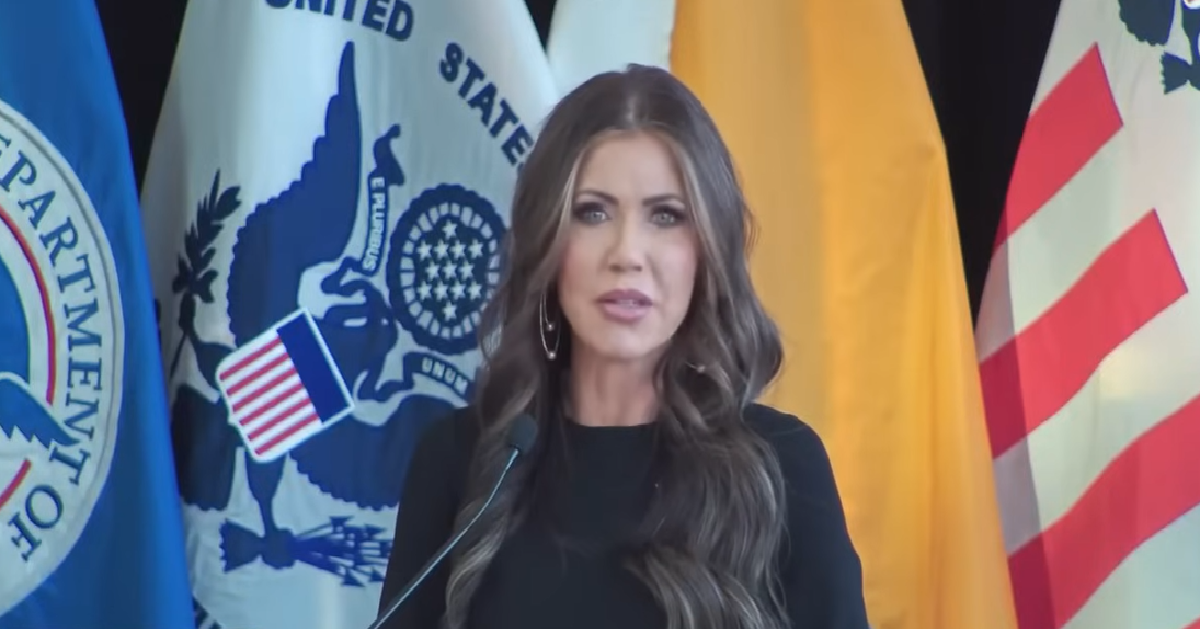Chief Justice Roberts and Supreme Court may have to decide Trump's electoral fate again
The new Supreme Court session recently got underway and there is plenty of anticipation about whether it will be as jam-packed with consequential cases as the last session was, perhaps most of all Chief Justice John Roberts.
Roberts played a major part in the prior session's decisions involving former President Donald Trump and he may be compelled to reprise that role once more, whether he wants to or not, given the likelihood of cases involving the 2024 elections in November, according to CNN.
The chief justice, a moderate who typically strives to find consensus among his fellow justices, could again find himself as the decider of divisive disputes who holds the electoral fate of the former president in his hands.
Roberts wrote the major Trump-related decisions last term
In mid-September, The New York Times reported on rare leaks out of the Supreme Court that revealed the leading role Chief Justice Roberts played in three major cases that involved former President Trump and either the 2020 or 2024 elections.
First, Roberts reportedly authored the unsigned unanimous decision that shut down state-led efforts to block Trump from appearing on ballots for the upcoming election based on liberal interpretations of the 14th Amendment's "insurrection" clause and the Jan. 6 Capitol riot of 2021.
Then, the chief justice is alleged to have taken over for conservative Justice Samuel Alito in writing the decision for the Fischer case, which involved a Jan. 6 defendant successfully challenging federal prosecutors' overbroad use of a white-collar obstruction charge to bolster prison sentences -- a questionable charge that has been applied to Trump by Special Counsel Jack Smith.
Roberts also wrote the presidential immunity decision that, at least briefly, granted Trump a reprieve from Smith's prosecutorial efforts by ruling that his actions concerning his constitutional duties and official acts were protected and not prosecutable, which sent Smith back to the drawing board on his 2020 election-related indictment.
Multiple election-related cases likely headed toward the Supreme Court
If Chief Justice Roberts had hoped to avoid having to settle consequential election-related disputes in the new Supreme Court term that just began last week, he was likely sorely mistaken, as Politico reported on a bevy of such cases that are either already in the judicial pipeline or seem inevitable to emerge as time-sensitive challenges over the next couple of months.
One highly likely dispute that could be electorally decisive involves Pennsylvania's mail-in ballots, including whether misdated or non-dated ballots, or ballots that contain other mistakes, should be counted; how long after the election they can be received and still be counted; and policies that allow voters to "cure" mistakes on their ballots after they've been sent in.
Another probable legal flashpoint involves the potential for voter disenfranchisement and other issues in Western North Carolina and other areas devastated by Hurricane Helene, which made some polling locations inaccessible if not destroyed, forced some election offices to close, and possibly resulted in the loss of mail-in ballots that were already sent out or returned, among other problems.
Then there is the recent decision by Georgia's election board to mandate hand counts of all ballots, a move intended to guard against potential election fraud that was predictably challenged in court by those who oppose election integrity practices.
Finally, going beyond just Pennsylvania, there is the unsettled question of whether or not ballots received after Election Day should be counted, whether states like Arizona can force local election boards to certify questionable results or reject those uncertified votes altogether, and whether a new federal law outlining the congressional certification process is constitutional -- not to mention the very real possibility of a redux of the 2000 Bush v. Gore dispute, in which the high court effectively decided the presidential election by ending a challenged recount in Florida.
Supreme Court may have to decide whether Trump wins or loses
To be sure, it is possible that none of those cases will reach the Supreme Court or be accepted or decided in time to have an impact on the 2024 election, but it is also conceivable that all of those election-related challenges and more could end up on the docket in a timely manner and force action from the justices.
If so, Chief Justice Roberts will again find himself and his court faced with the proposition of having to determine former President Trump's electoral fate.






